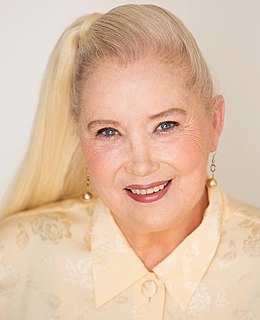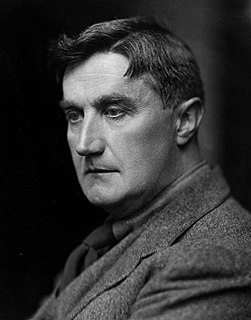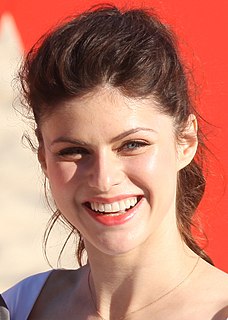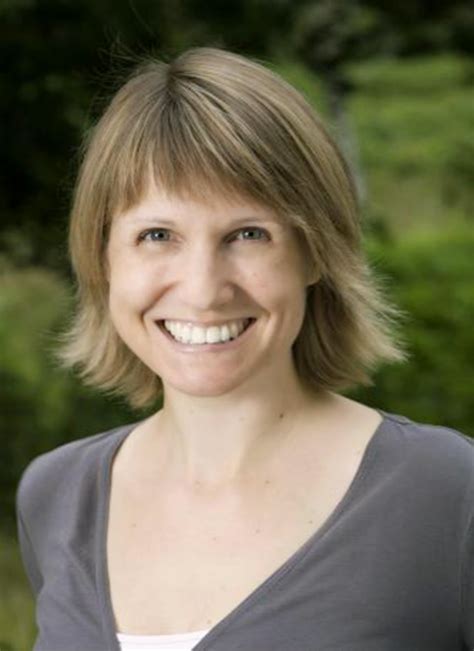A Quote by Abbas Kiarostami
I saw this French woman, this English man in Italy. It was a film [Certified Copy] I knew well, but I had already seen it, and I was familiar with it, and I had no feeling of anxiety or responsibility toward it.
Related Quotes
I met Michael Snow and Stan Brakhage the second day after I arrived, you know. I had never seen or heard of Brakhage. For me, it was a revolution, because I was well educated in film, but American-style experimental film was known to me in the abstract, and I had seen practically nothing. I had seen a film then that Noël Burch had found and was distributing called Echoes of Silence. It was a beautiful film, three hours long. It goes forever and it was in black and white, very grainy, and I saw that film and I thought...it was not New Wave. It was really a new concept of cinema.
The kind of sleep that I had during my own film [Certified Copy] screening in Cannes is different. It's not because of the specificity of the film. It was because of my relationship as an author to this film. Usually when I take my films to festivals, I feel incredibly anxious about them. I wonder how it will be received, how the audience will react. I feel deeply responsible for them. Whereas this time, I didn't have that responsibility on my shoulders.
When I made my first film, I had hardly ever seen a camera before, and I was a young man when I arrived in Paris from the suburbs. At the time, I didn't talk much. I was very shy, so the bluff served me. I was telling people that I had no money, and that I knew how to make films, but I had no proof.
I've always known that I've wanted to write, but I always saw myself doing that in the context of something other than film, so it was a really beautiful and kind of perfect moment in my life when I realized that I could combine this idea of wanting to write and tell my own stories with the environment I had grown up in and knew well - that I could make film as opposed to writing being a departure from what I knew.
The fact of having this very new context, this unheard-of way of working, for me was very pleasant. I didn't feel that I was working, that I had any kind of burden to wear, to carry. I really was very happy and very lighthearted during the whole process of making the film [Certified Copy], of shooting it.
There [is] a feeling of recognition, as of meeting an old friend, which comes to us all in the face of great artistic experiences. I had the same experience when I first heard an English folksong, when I first saw Michelangelo's Day and Night, when I suddenly came upon Stonehenge or had my first sight of New York City - the intuition that I had been there already.
I must. I have fought my last battle. When I saw the Clan at Sunningrocks, the strong helping the weak...and I knew you and the others had gone to confront the pack...I knew my Clan was loyal. I knew StarClan had not turned their backs on us. I knew...I knew that I could not leave you to face the danger alone.



































